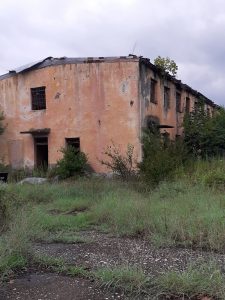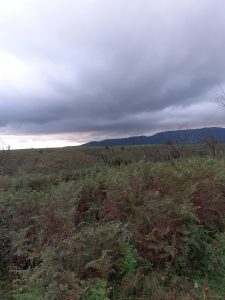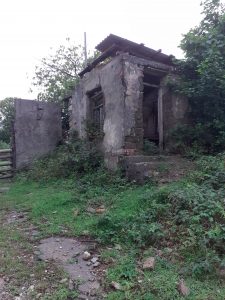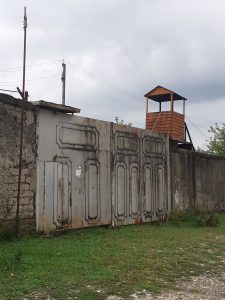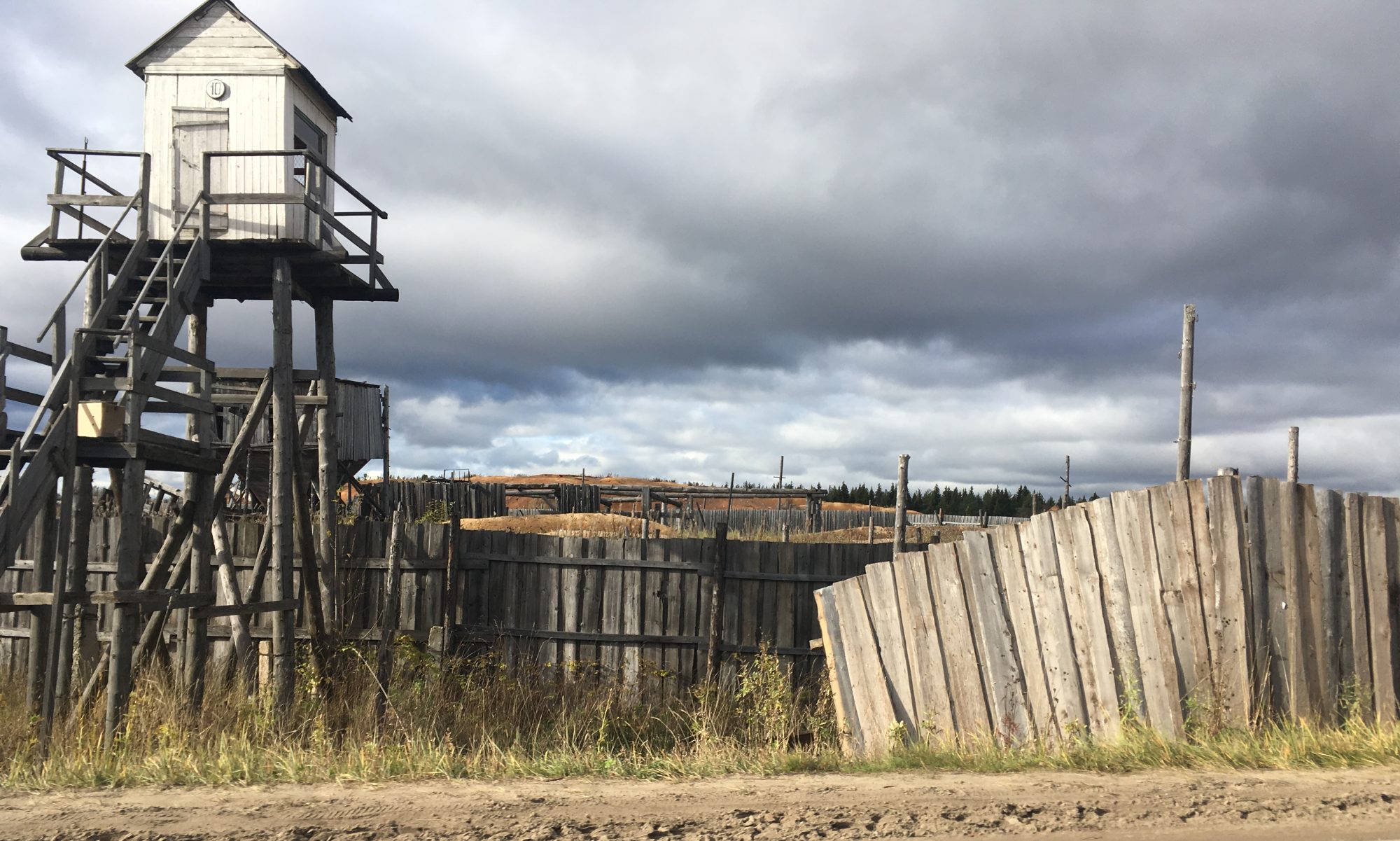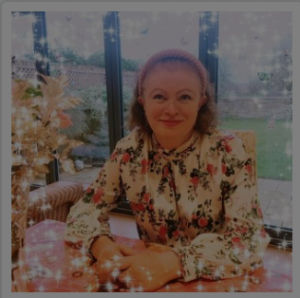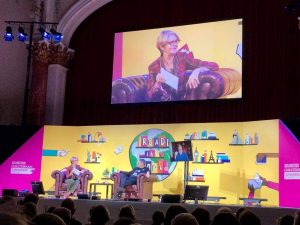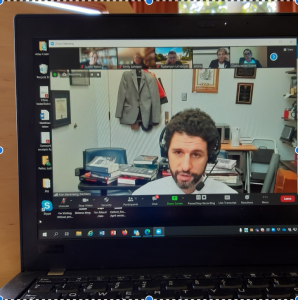Researchers: Costanza Curro and Vakhtang Kekoshvili
Our main fieldwork site was Khoni, a small town in the Western region of Imereti that was home to a penal colony from the 1930s to the beginning of the 1990s. Prisoners worked in a vast tea plantation that spread across the hills surrounding the town. The economic and political, but also social and cultural life of Soviet-era Khoni (which was then named Tsulukidze) revolved around the colony, which was the source of employment for nearly the totality of the population. We were hosted by a local family, which helped us establish contacts with the town and its inhabitants. During our time in the field, we talked to several people involved in the colony’s life in the 1970s and 1980s. We recorded 16 interviews with former colony directors or deputy directors, heads of otryady, accountants, doctors, inspectors, guards, suppliers and prisoners. Since little is known about the colony and there is nearly no material available, we were interested in reconstructing the history of the colony, the tea plantation and their relationship with the town in the first place. Against this background, we collected professional and personal experiences from a variety of perspectives, which helped us shed light on the politics and economics of the colony, as well as on the social, cultural and moral dynamics underpinning its life. In addition, we explored the vast space of the colony and the tea plantation. In particular, we were able to access some of the buildings which in the past housed prisoners, guards and administration. We also mapped the spatial organization of the five separate units – locally referred to as zonas – that made up the colony.
